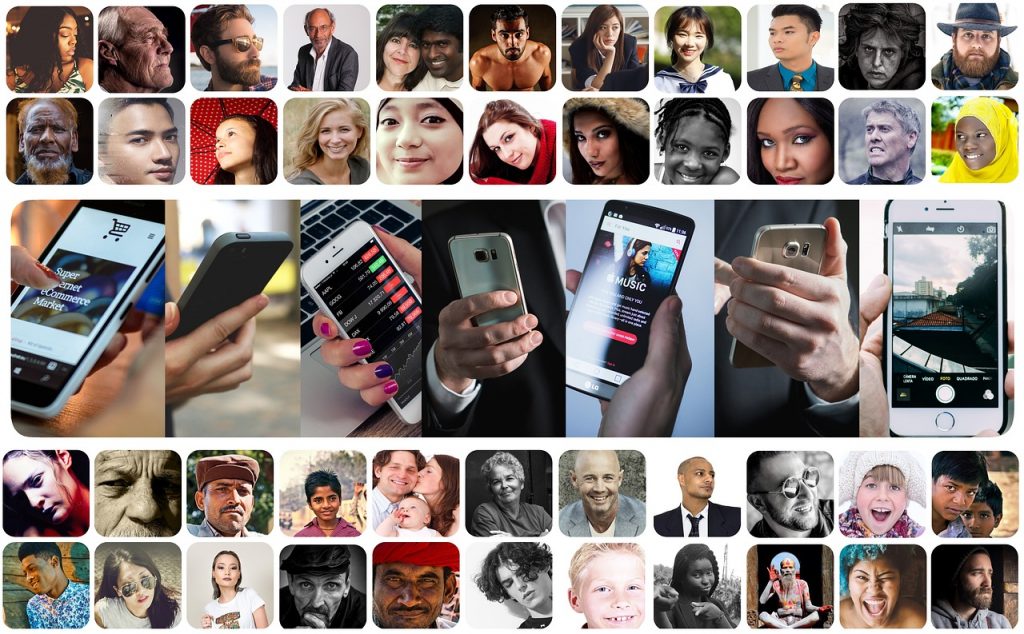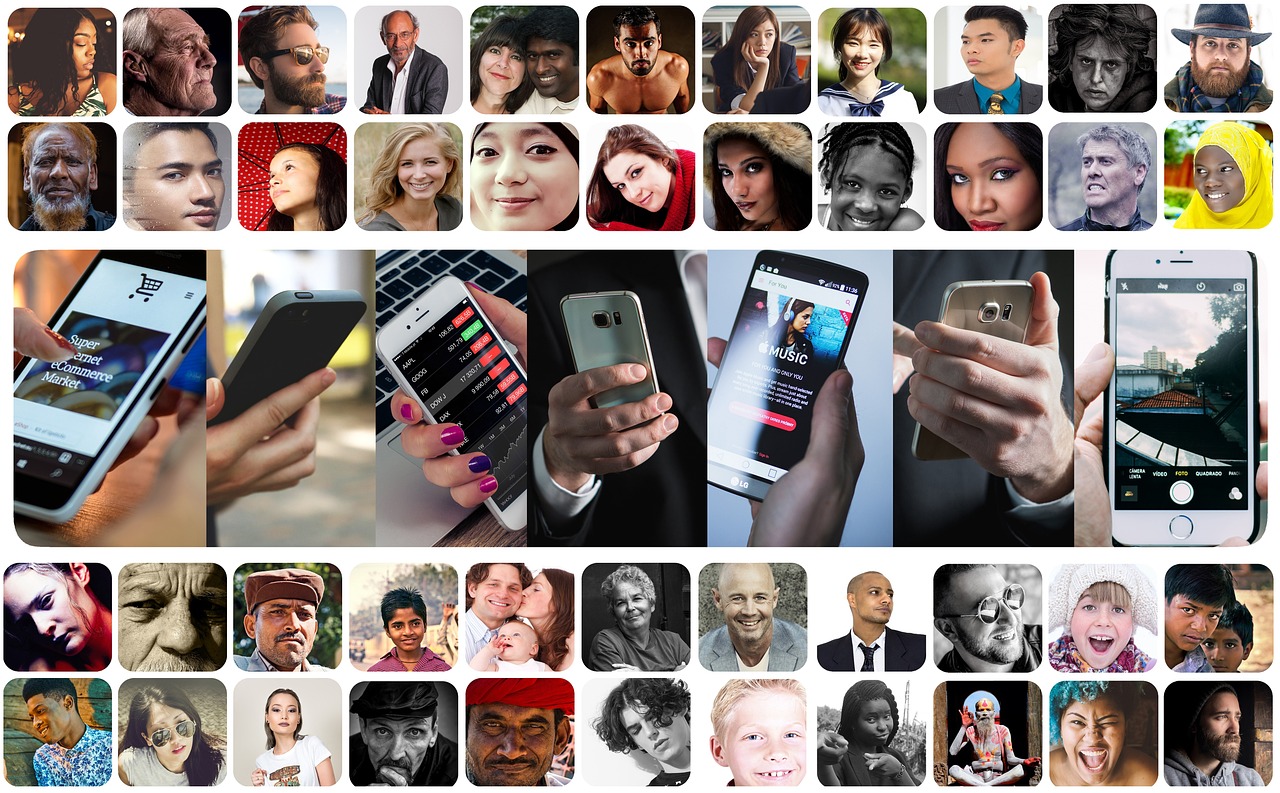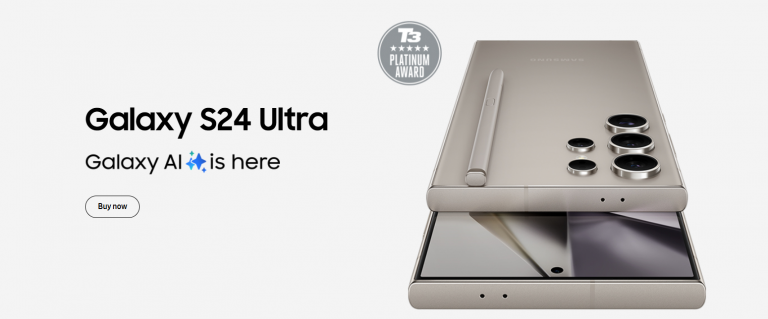In today’s fast-paced digital landscape, smartphone technology is continuously evolving, pushing the boundaries of innovation and transforming the way we live. In this article, we’ll delve into the next wave of tech trends that are set to revolutionize the smartphone industry.
Introduction
The current state of smartphone technology is marked by unprecedented advancements, and staying abreast of these changes is crucial for tech enthusiasts and everyday users alike. As we explore the upcoming trends, it’s evident that the future of smartphones is not just about communication; it’s about a seamless integration of cutting-edge technologies.
5G Integration: A Game-Changer
Undoubtedly, one of the most anticipated advancements is the widespread integration of 5G technology. The fifth generation of mobile networks promises lightning-fast data speeds and low latency, opening doors to possibilities that were once considered futuristic. With 5G, streaming high-definition content, real-time gaming, and instantaneous downloads will become the norm.
Foldable Displays: Unfolding the Future
Another exciting trend is the advent of foldable smartphones. Imagine having a device that can unfold to offer a larger display when needed and then fold back for portability. While this technology is still in its early stages, it presents a glimpse into the future of flexible and versatile smartphone designs.
AI Integration: Smartphones Getting Smarter
Artificial intelligence (AI) is playing a pivotal role in enhancing smartphone capabilities. From predictive text to voice recognition, AI is making smartphones smarter and more intuitive. As machine learning algorithms continue to evolve, we can expect even more personalized and efficient user experiences.

Camera Innovations: Beyond Megapixels
The evolution of smartphone cameras goes beyond megapixels. Computational photography, multiple lenses, and advanced image processing techniques are redefining the photography landscape. Users can anticipate not only better image quality but also innovative features that push the boundaries of what smartphone cameras can achieve.
Biometric Security: The Rise of Facial Recognition
In the realm of security, biometric authentication is gaining prominence. Facial recognition, in particular, is becoming a standard feature in many smartphones. As this technology advances, we can anticipate even more secure and convenient ways to unlock our devices and authenticate transactions.
Augmented Reality (AR) and Virtual Reality (VR)
The integration of augmented reality (AR) and virtual reality (VR) is transforming how we interact with our smartphones. From gaming and entertainment to practical applications like navigation, the marriage of AR and VR with smartphone technology opens up new dimensions of user engagement and experience.
Wireless Charging: Cutting the Cord
The convenience of wireless charging is steadily becoming a standard feature in smartphones. As technology progresses, we can expect faster charging speeds and even more efficient wireless charging solutions. This shift not only adds convenience but also contributes to the reduction of cable clutter.
Environmental Sustainability: Green Tech in Smartphones
Sustainability is a growing concern, and smartphone manufacturers are taking notice. From using recycled materials to adopting eco-friendly manufacturing practices, the industry is making strides towards reducing its environmental footprint. The future of smartphones involves a commitment to green technology.
Internet of Things (IoT) Connectivity
Smartphones are becoming the central hub for the Internet of Things (IoT). The ability to connect and control smart home devices, wearables, and other IoT gadgets directly from a smartphone is becoming increasingly common. This trend is set to deepen as more devices become IoT-enabled.
Health and Wellness Features
The integration of health and wellness features in smartphones is a notable trend. From fitness tracking to mental health applications, smartphones are becoming essential tools for personal well-being. Future advancements may include more sophisticated health monitoring capabilities and integration with medical devices.
Enhanced User Interfaces: Beyond Touchscreens
The way we interact with smartphones is evolving. Beyond touchscreens, emerging technologies like gesture control and haptic feedback are changing the user interface landscape. The future promises more immersive and intuitive ways to navigate and interact with our devices.

Privacy Concerns in Smartphone Technology
As smartphones become increasingly sophisticated, concerns about user privacy are on the rise. Tech companies are addressing these concerns by implementing robust privacy features and giving users more control over their data. Striking the right balance between innovation and privacy will be a key challenge for the industry.
Challenges and Opportunities in Smartphone Tech Evolution
While the future looks promising, the smartphone industry faces challenges such as technological barriers, market saturation, and regulatory issues. However, these challenges also present opportunities for innovation and differentiation. The industry’s ability to navigate these challenges will determine the trajectory of smartphone technology.
Conclusion
In conclusion, the evolution of smartphone technology is a dynamic journey marked by constant innovation. From 5G integration to the rise of foldable displays, each trend contributes to shaping a future where smartphones are not just communication devices but indispensable companions that enhance every aspect of our lives. As we eagerly anticipate the next wave of technological advancements, the possibilities seem limitless.
FAQs
- Q: How will 5G technology impact smartphone users?
- A: 5G technology will provide users with significantly faster data speeds, low latency, and enhanced connectivity, enabling seamless experiences in streaming, gaming, and more.
- Q: What are the challenges in implementing foldable smartphone displays?
- A: Challenges include durability concerns, technological complexities, and the need for innovative designs that balance functionality and portability.
- Q: How does AI enhance smartphone user experiences?
- A: AI improves user experiences through features like predictive text, voice recognition, and personalized recommendations, making smartphones more intuitive.
- Q: What privacy features are being implemented to address concerns in smartphone technology?
- A: Tech companies are incorporating robust privacy features, such as advanced biometric authentication and user-controlled data settings, to address privacy concerns.
- Q: How are smartphones contributing to environmental sustainability?
- A: Smartphone manufacturers are adopting eco-friendly practices, including the use of recycled materials and sustainable manufacturing, to reduce their environmental impact.










+ There are no comments
Add yours